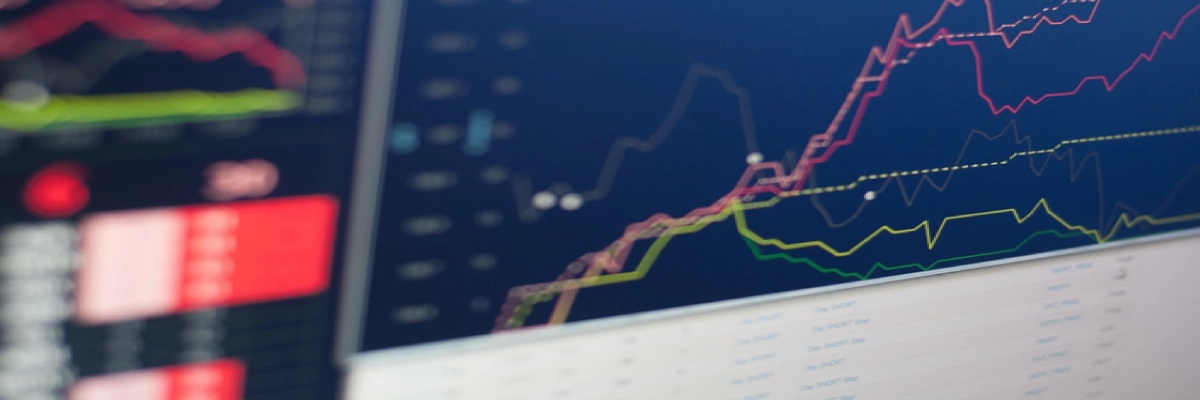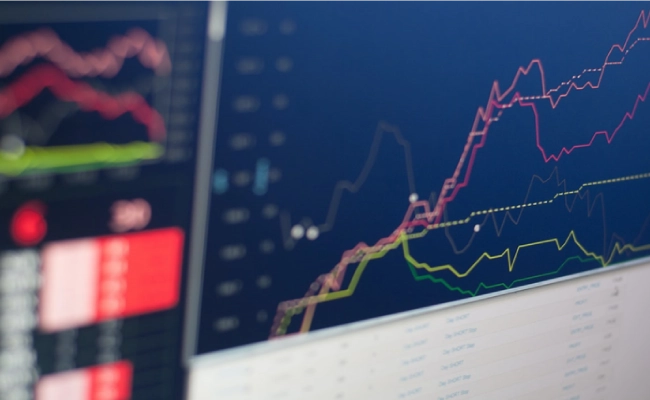So, how exactly does one handle market volatility?
The first important thing to understand here is that volatility, uncertainty, risk, and fluctuations are 100% intrinsic elements when it comes to trading the markets as they need to operate in an efficient manner.
The second point to make is that some currencies are incredibly more volatile than others during a period in which volatility is increasing.
What causes volatility in the forex market?
-
Monetary policies
All around the world, central banks play a crucial role in managing the money flow.
Central banks can regulate the amount of money that is in circulation through interest rate levels.
Accordingly, regardless of their source (European Central Bank, the US Federal Reserve, Bank of Japan, Bank of England, and so forth…), forex traders will always keep an eye out for central bank decisions and policies.
-
Geopolitical factors
As you’ve probably seen in your news feed, there are many ongoing conflicts across the globe that, to no one’s surprise, play a role in what concerns volatility in the markets.
Whether its war, riots, or other denominations of civil unrest, these events will cause volatility as they heighten uncertainty and, by extension, affect another major element of trading: the trader and market sentiment.
-
Traders and market sentiment
Every market move is driven by whoever is behind it.
As such, both volatility and the market fluctuations that it causes can also be seen as a “fight” to determine if the prevailing sentiment is either positive or negative.
If traders and investors are the ones making the market move, in times of uncertainty, you’ll certainly be met with choppiness in your trading sessions.
-
Trade wars
Trade wars are known to spur volatility given the transactions they involve.
This correlation to inflation is incredibly straightforward as the currencies which get pulled into a trade war are bound to be affected.
As you can see all these 4 elements are deeply intertwined so to embrace volatility is to embrace a somewhat holistic view of the market where all elements are moving parts and influence one another.
How to handle market volatility in forex?
A good place, to begin with, is to look out for the most volatile currency pairs and to see how they move and what causes such behavior.
-
AUD/JPY:
Usually seen as a risk barometer, this currency pair’s volatility usually is seen by this rule of thumb: it tends to rise when traders feel optimistic and seek risk. Inversely, it will fall as more traders become risk-averse. This happens as the JPY is seen as a safe haven, whereas the AUD is considered by many to be a risk-on currency (it sees demand as risk appetite increases).
-
GBP/CAD:
Much like the AUD, the CAD is also seen as a risk-on currency that draws its movements from the influence of the oil price. Accordingly, as oil prices fall, the CAD usually sees pressure. As for the GBP, it is considered by many to be the most volatile currency among the major ones.
Following a careful study of the currency pair of your choice and its behavior, you should devise a plan to use volatility to your advantage and harness it in your trading.
Accordingly, to anticipate volatility, you should keep a very close eye on the economic calendar and become fully aware of any potential major economic event or important decision which might be able to move the markets.
Moreover, we cannot stress this enough: use stop loss orders. If you’re up against volatility it would be unwise to not give yourself the extra layer of protection.
Another point to consider in terms of risk management is limiting your leverage as it is known to be a double-edged sword, meaning it will enhance both your wins and your losses.
Lastly, technical analysis will always be a trader’s best friend when it comes to navigating volatility so you should at least be familiar with the concept of Bollinger Bands and the Average True Range.
Wrapping up: Market volatility in the forex
Much like stock market volatility, in what concerns the forex market many traders will prefer to wait it out.
But sitting on the sidelines isn’t always the best course of action and it is certainly possible to take advantage of volatile markets and price movements that surround major events, thus leading to elegant and sophisticated new ways of approaching the trading market.
So, have you begun trading volatile markets yet?

